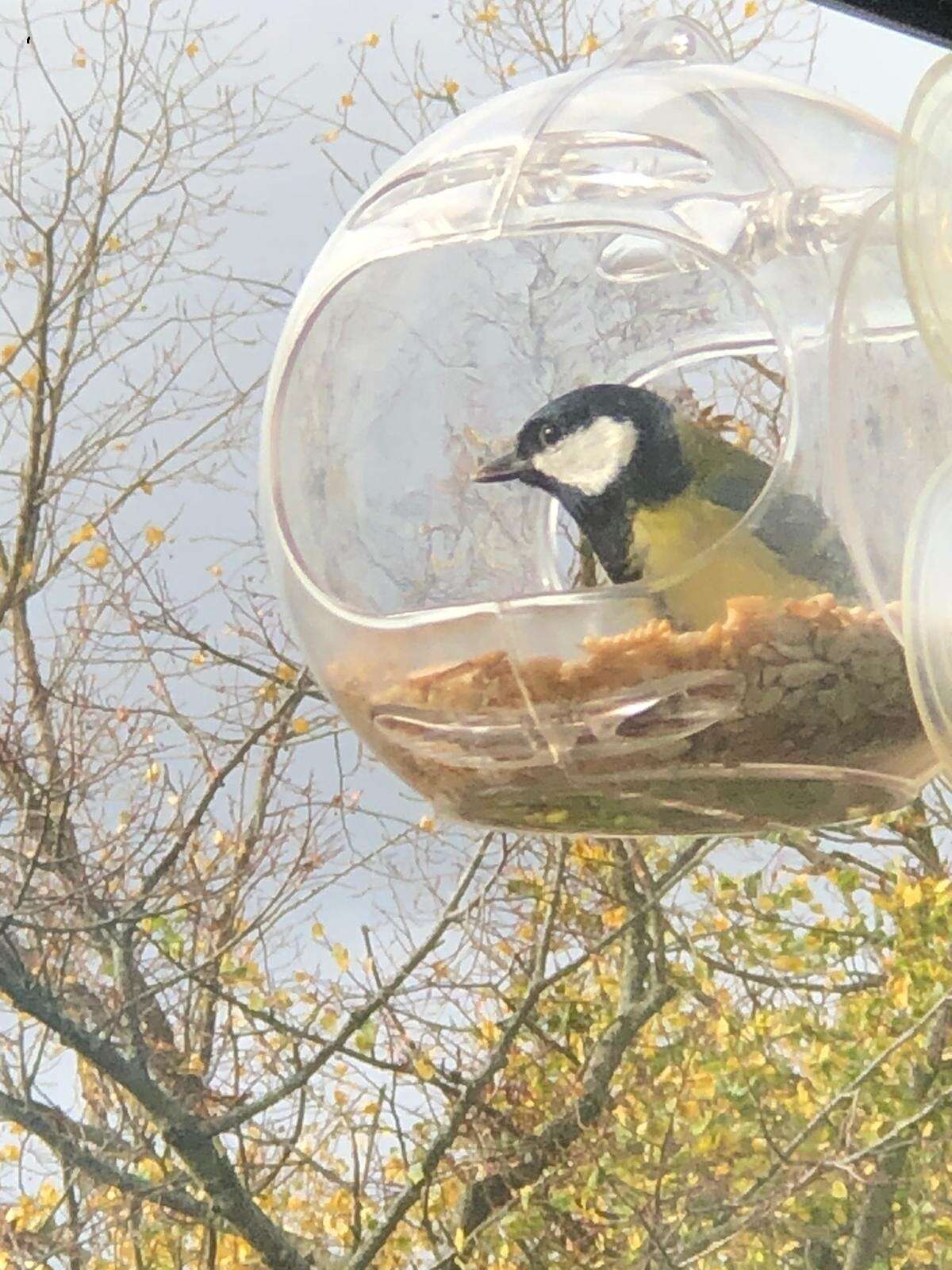Impacts of climate change - report published

“Already 85% of the rich peat topsoils of East Anglia has disappeared,” said Krebs, due to drainage and erosion. “We have lost a lot of the natural asset that allows us to grow cereals and climate change will accelerate the rate of loss. We could lose the remaining fertile soil within the next 30-60 years and that would be a huge negative impact on the food production capacity of the UK.”
For a more detailed analysis, see this Evidence Report on the natural environment and natural assets. It explains that the majority of agricultural land in the eastern side of the UK is projected to become less suitable for farming due to reduced water availability, increased soil aridity and the continued loss of soil organic matter.
For the past 50 years, conventional farming has encouraged the use of applying chemical fertilisers to boost crop output. However, organic growers recognise the fundamental importance of soil management - feeding it, not with chemicals, but with organic matter such as manures and compost. This gives the soil 'body' to maintain its structure, and necessary nutrients for growing crops. Organic growers also encourage biodiversity - with trees, hedges and strategically placed ditches preventing soil erosion and run off.
For further information on soil management, download for free our Soil Information Pack.